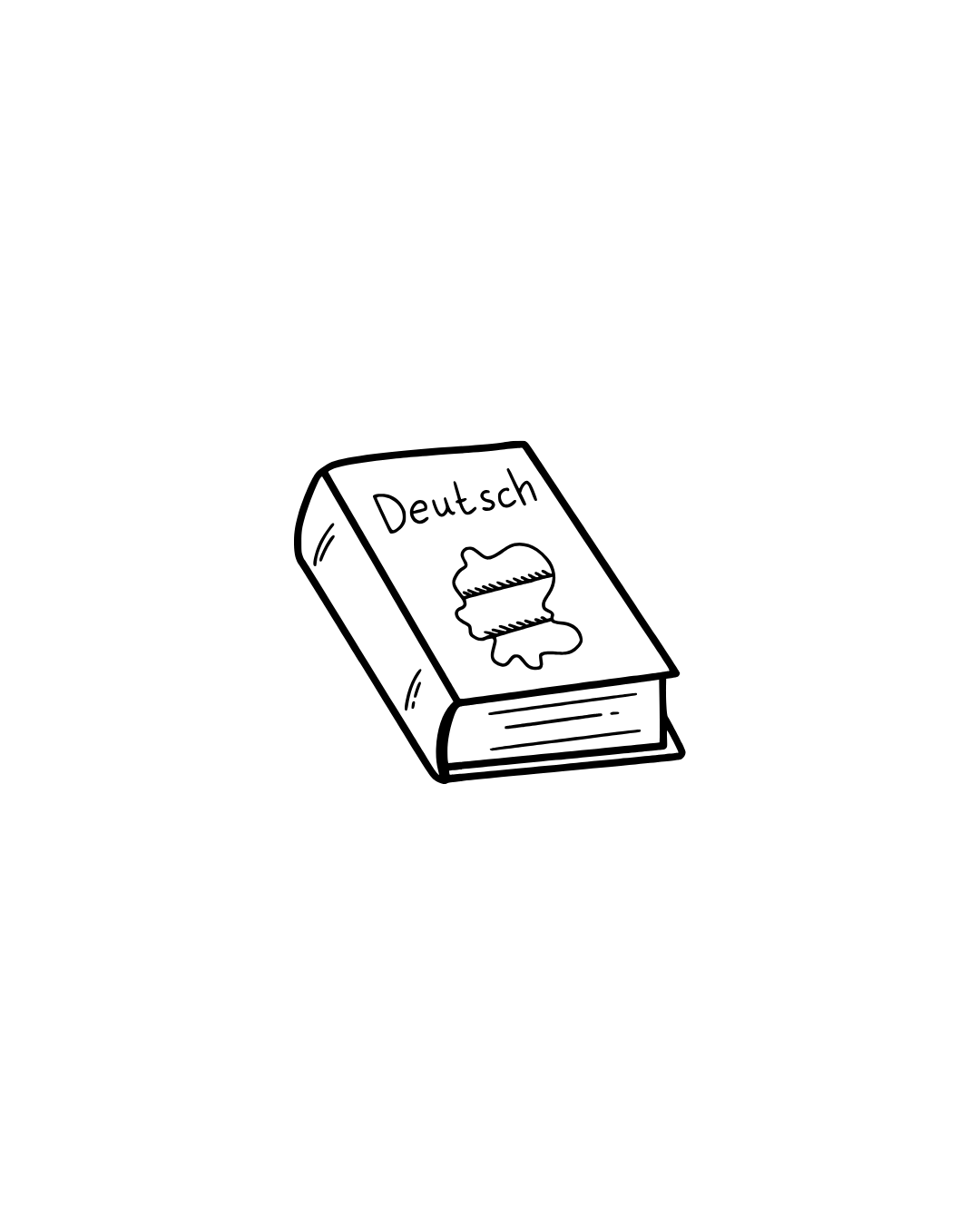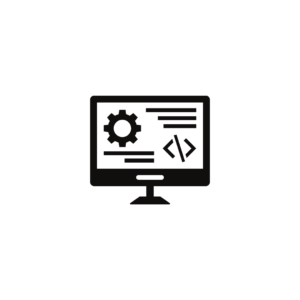Description
An Advanced Diploma in German Language is designed for individuals who wish to achieve a high level of proficiency in the German language, along with a deeper understanding of German culture, literature, and communication skills. This program typically caters to those who aim to use their language skills for professional, academic, or personal purposes, such as working in Germany or engaging in international business.
Course Details:
Duration: Usually 1 to 2 years, depending on the institution and specific program structure.
Eligibility: Candidates are generally required to have completed secondary education and may need to demonstrate proficiency in German at a foundational level (often through a prior course or certification).
Mode of Study: Offered in full-time or part-time formats, including online options for remote learning.
Curriculum:
The curriculum for an Advanced Diploma in German Language typically includes the following key areas:
1. Advanced Language Proficiency
Grammar and Syntax:
In-depth study of German grammar rules, sentence structures, and syntactical variations.
Vocabulary Expansion:
Techniques for building an extensive vocabulary relevant to various contexts (business, travel, academia).
2. Oral and Written Communication
Conversational Skills:
Focus on developing fluency and confidence in spoken German, including discussions, debates, and presentations.
Writing Skills:
Practice in writing essays, reports, and creative texts, with an emphasis on style and coherence.
3. Listening Comprehension
Audio and Video Materials:
Exposure to authentic German audio and video materials (podcasts, films, news) to improve listening skills.
Comprehension Exercises:
Exercises designed to enhance understanding and retention of spoken German.
4. Cultural Studies
German Culture and Society:
Exploration of German history, traditions, contemporary culture, and social issues.
Literature and Arts:
Study of significant German literary works and movements, as well as contributions to art and music.
5. Translation and Interpretation
Translation Techniques:
Training in translating texts from German to another language and vice versa, focusing on accuracy and context.
Interpretation Skills:
Development of skills necessary for interpreting spoken German in various settings.
6. Practical Applications
Business German:
Specialized language training for professional contexts, including business negotiations, presentations, and correspondence.
Academic German:
Language skills tailored for academic writing and discourse in German-speaking environments.
7. Exam Preparation
Certification Preparation:
Preparation for recognized German language proficiency exams, such as the Goethe-Zertifikat or TestDaF.
Practice Tests:
Simulated exam conditions to build test-taking strategies and reduce anxiety.
Assessment:
Assessment methods in this program may include:
Written Examinations:
Testing grammar, vocabulary, reading comprehension, and writing skills.
Oral Examinations:
Evaluating speaking abilities through presentations and conversational assessments.
Assignments and Projects:
Research projects on cultural or literary topics related to German-speaking countries.
Career Opportunities:
Graduates of the Advanced Diploma in German Language may pursue various career paths, including:
Language Teacher: Teaching German as a foreign language in schools or language institutes.
Translator/Interpreter: Providing translation and interpretation services in professional settings.
International Business Professional: Working in companies that engage with German-speaking clients or markets.
Tourism and Hospitality: Roles in tourism sectors where knowledge of German is advantageous.
Cultural Affairs Specialist: Working in organizations focused on cultural exchange and international relations.
This advanced diploma program is ideal for individuals who are passionate about the German language and culture and want to develop high-level language skills for various personal and professional applications. The curriculum is designed to provide comprehensive training that meets the needs of diverse learners. If you have any further questions or need more information, feel free to ask!









